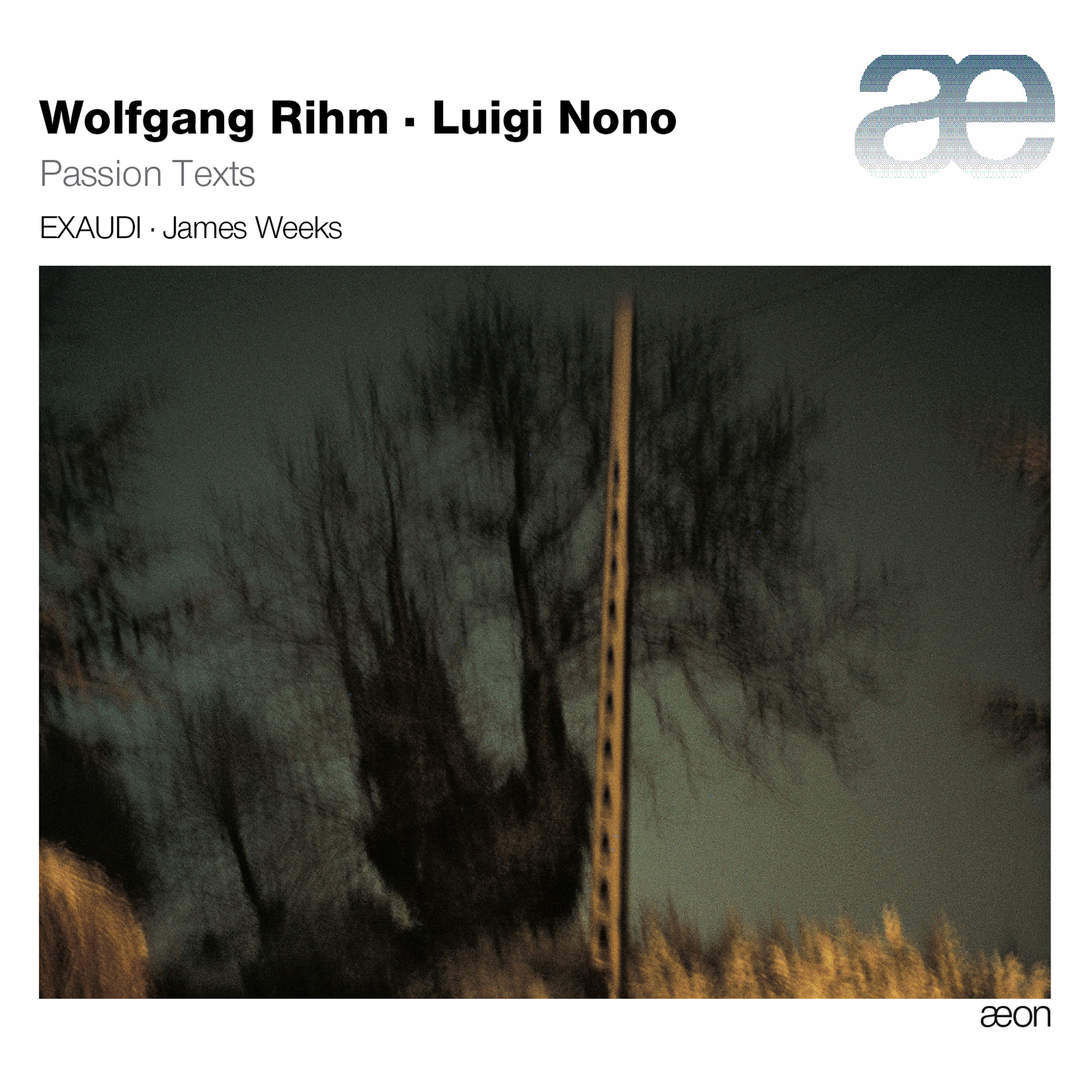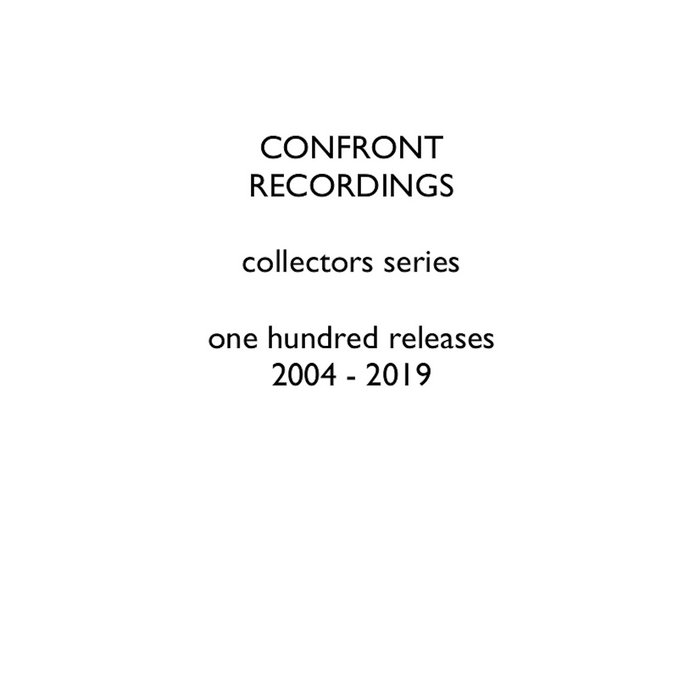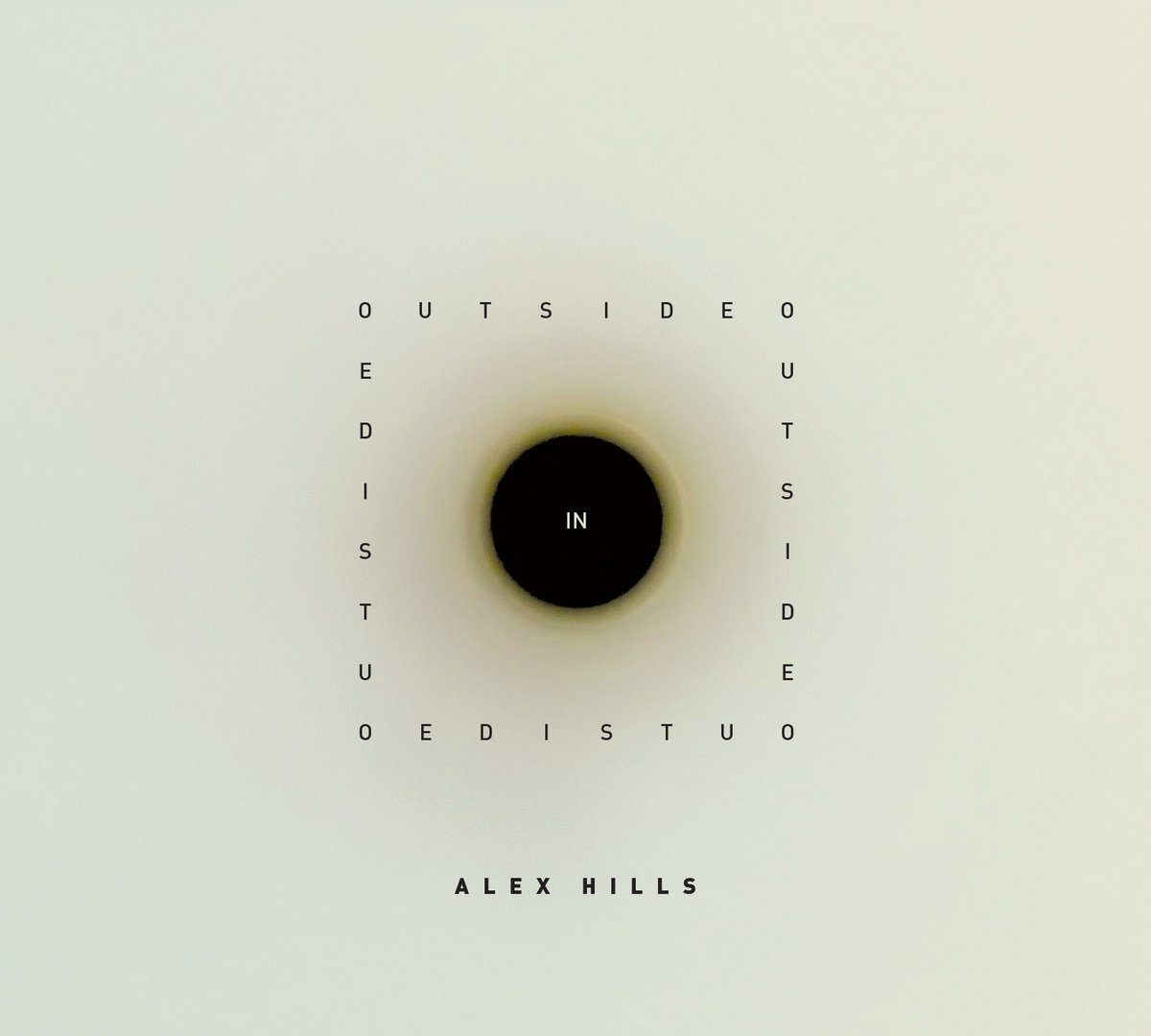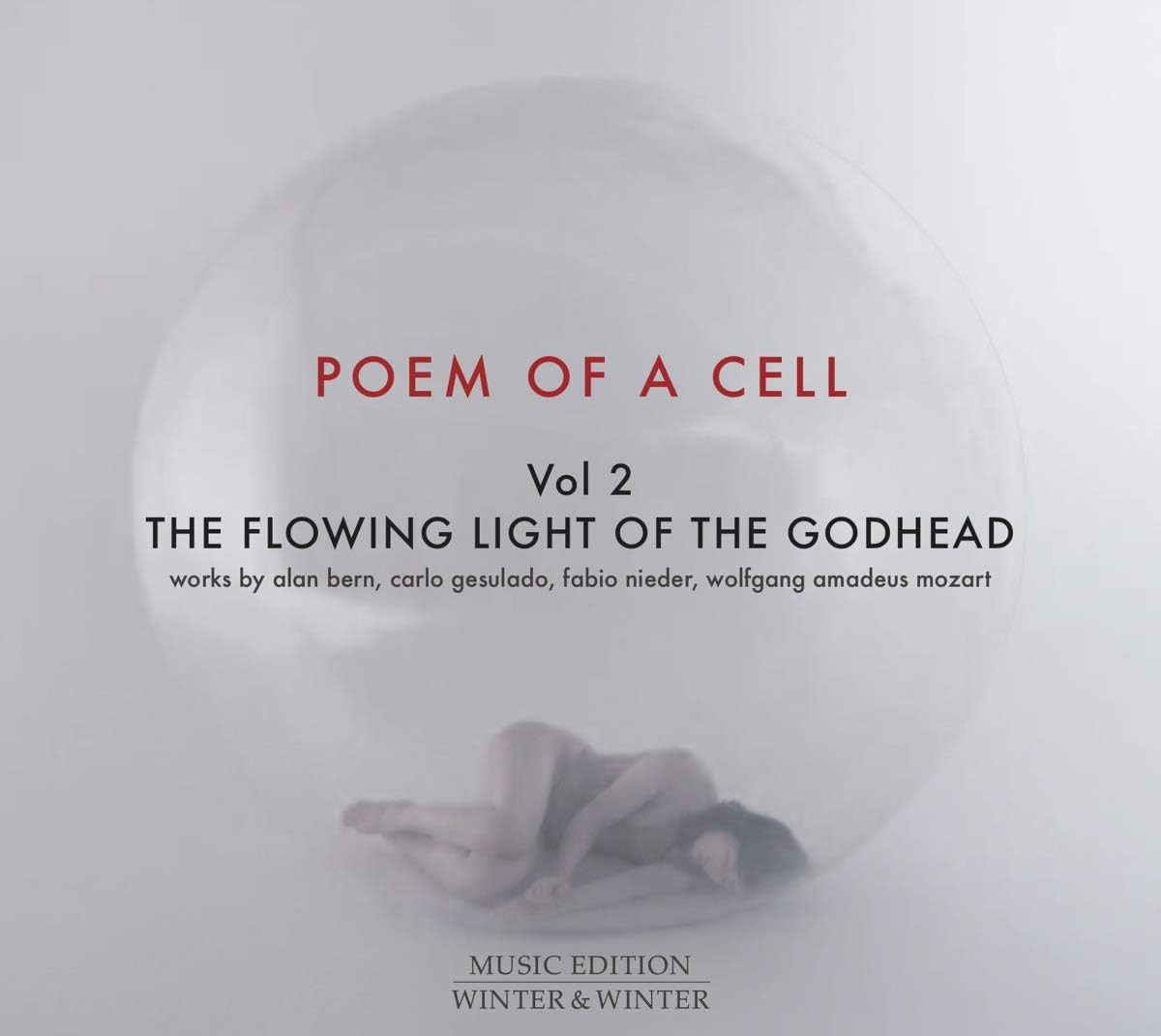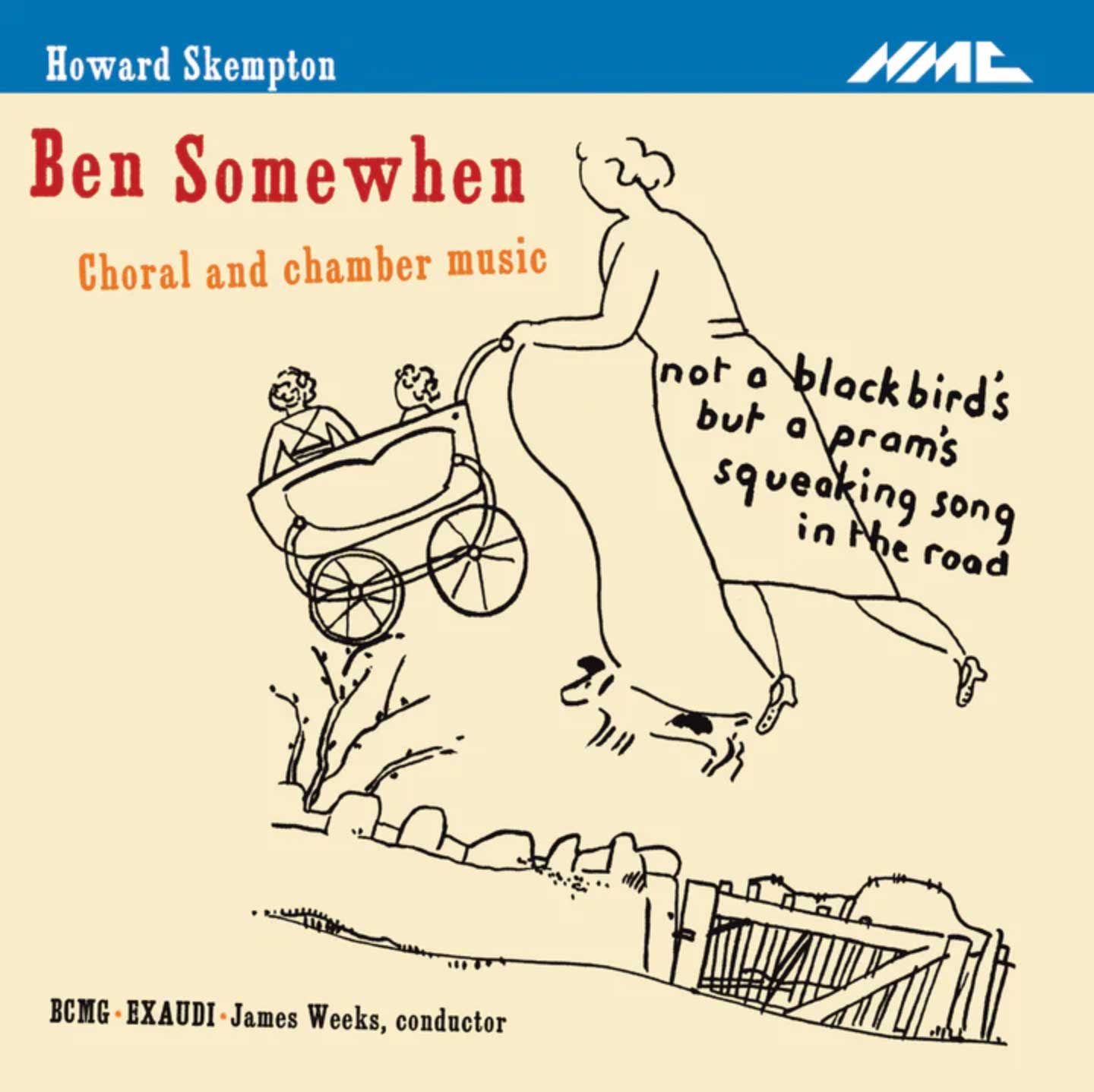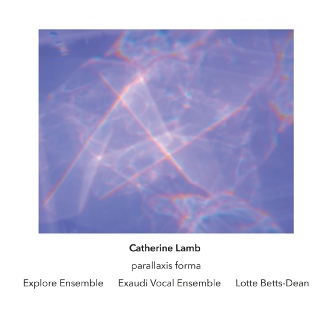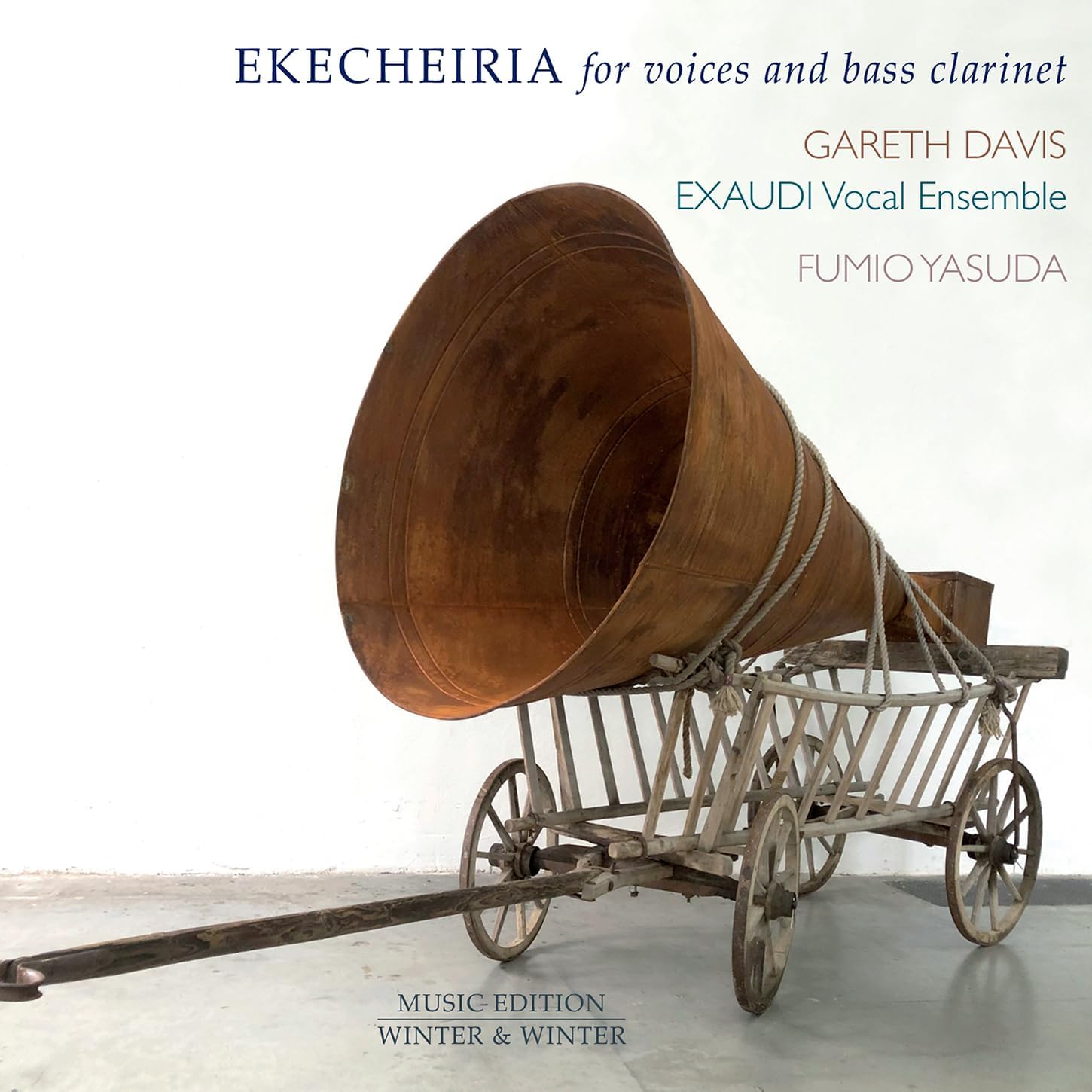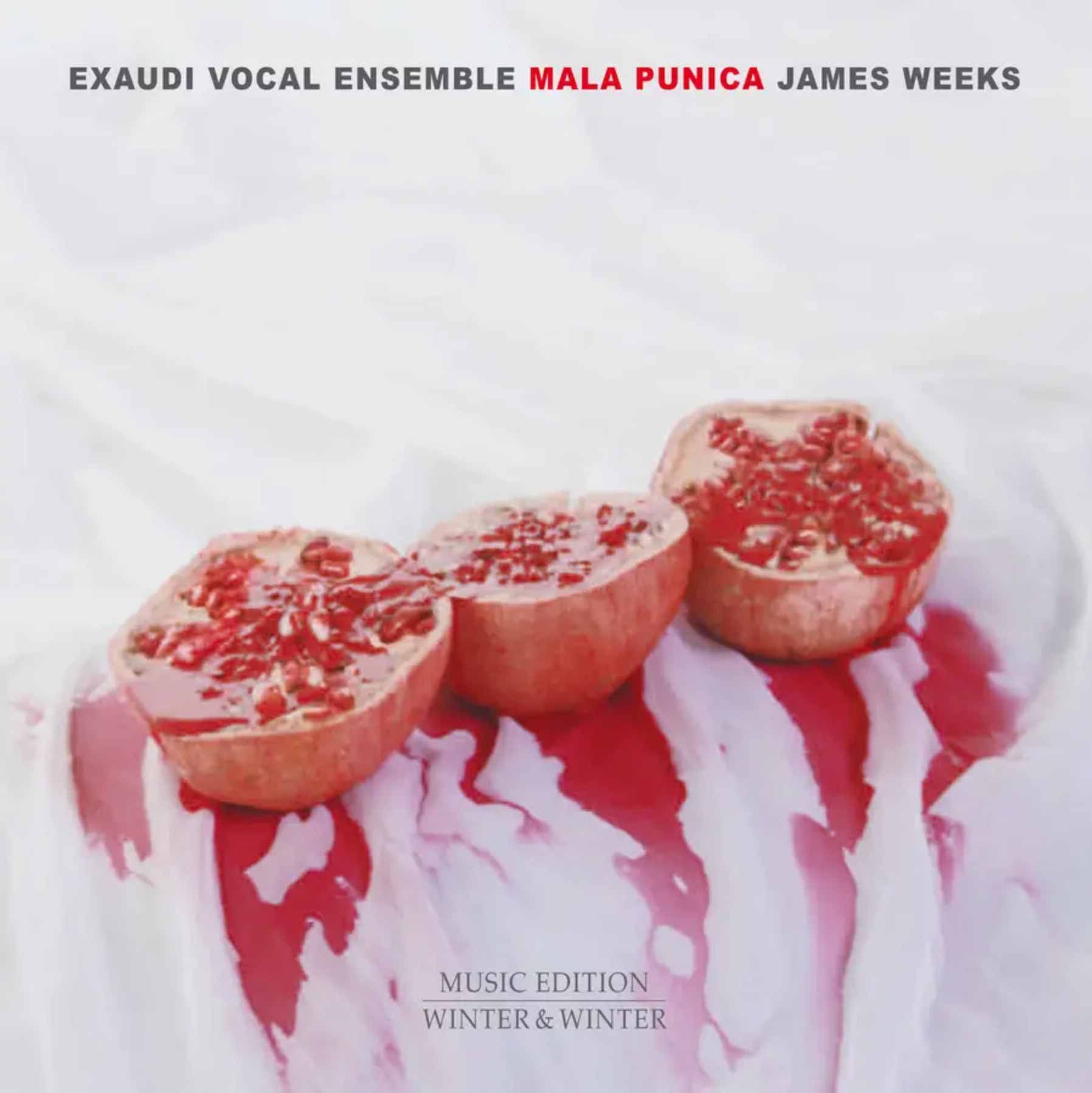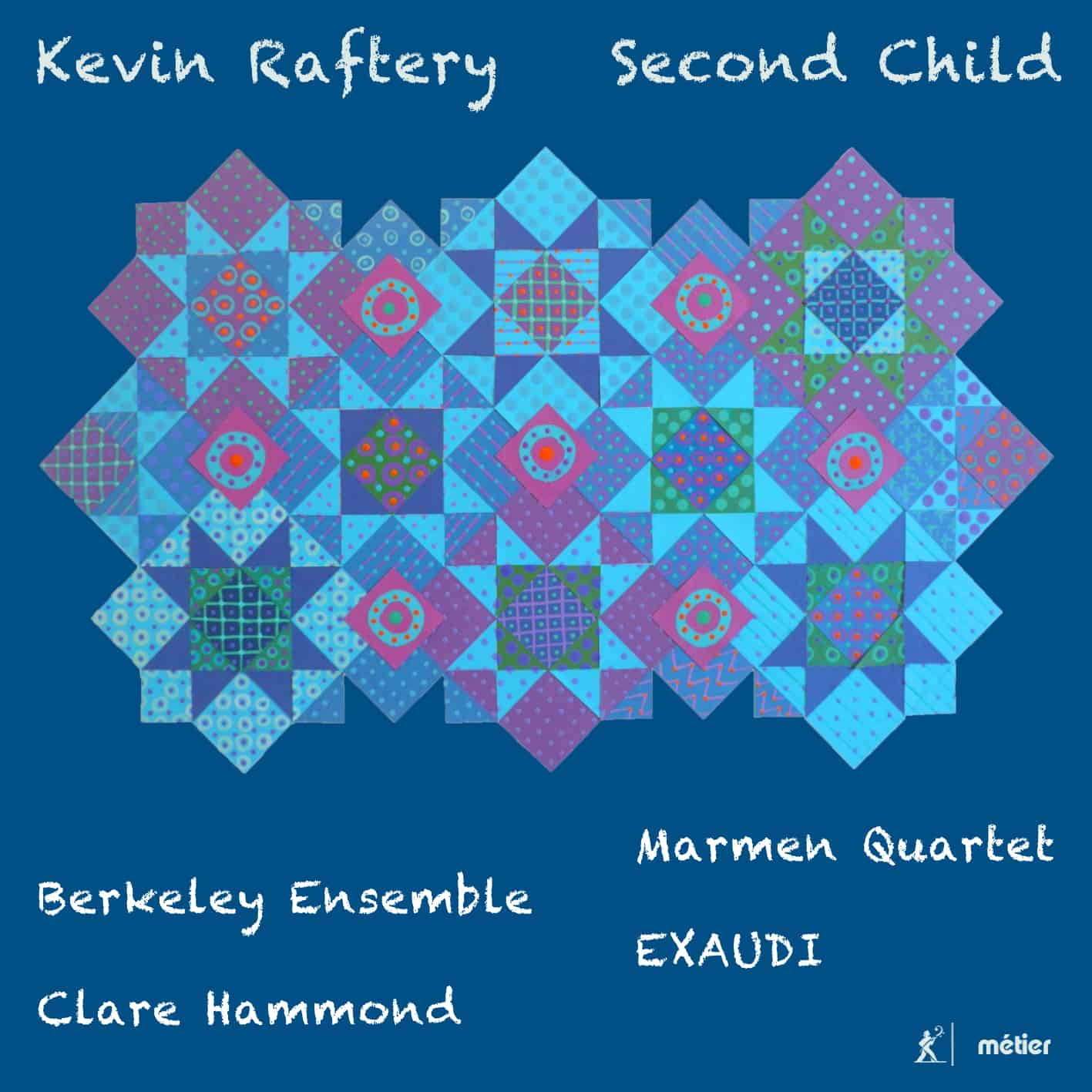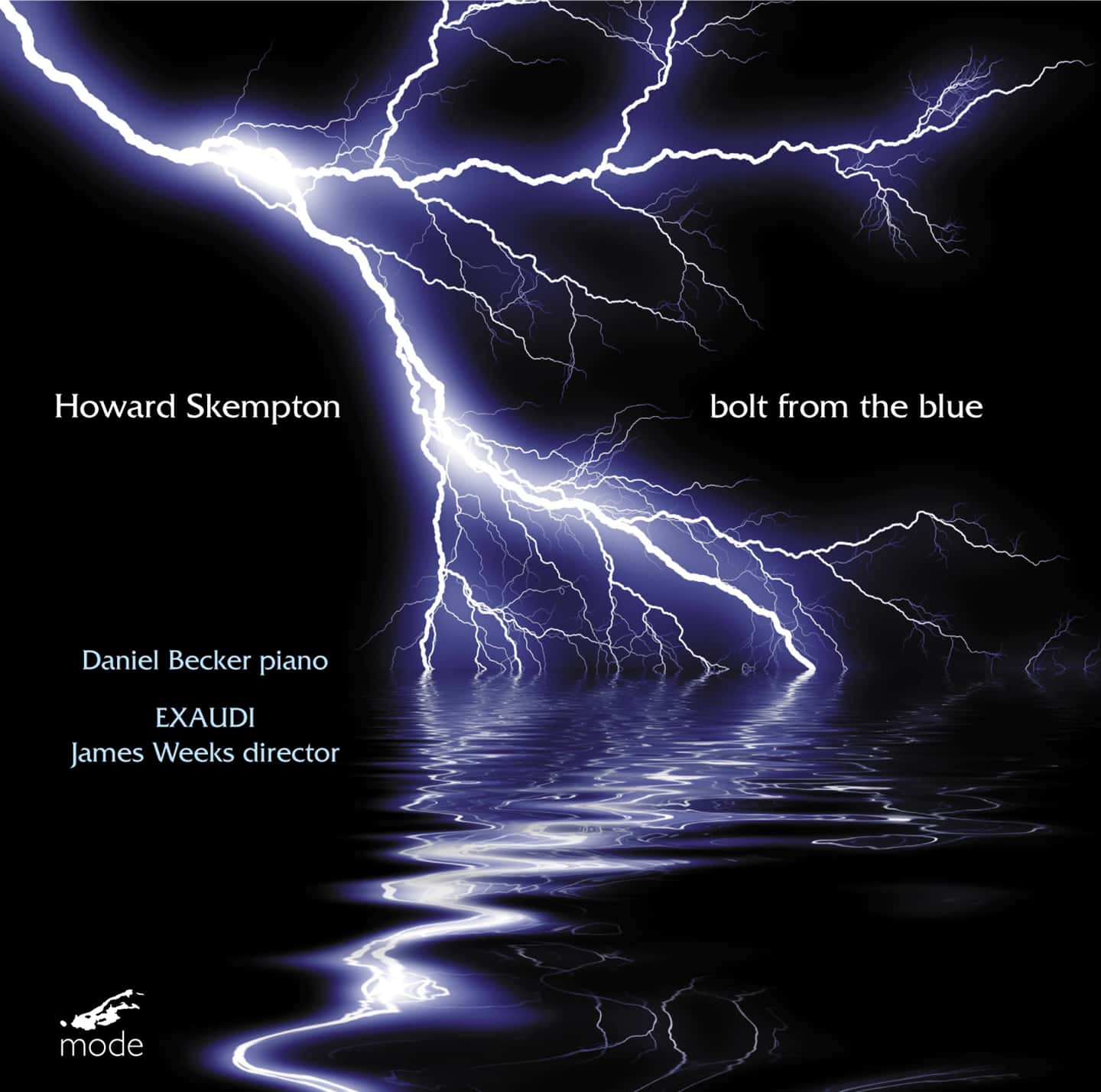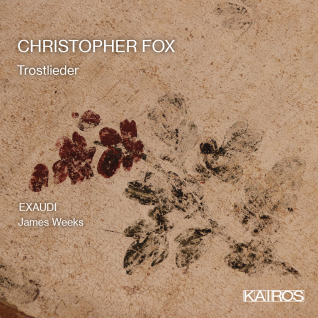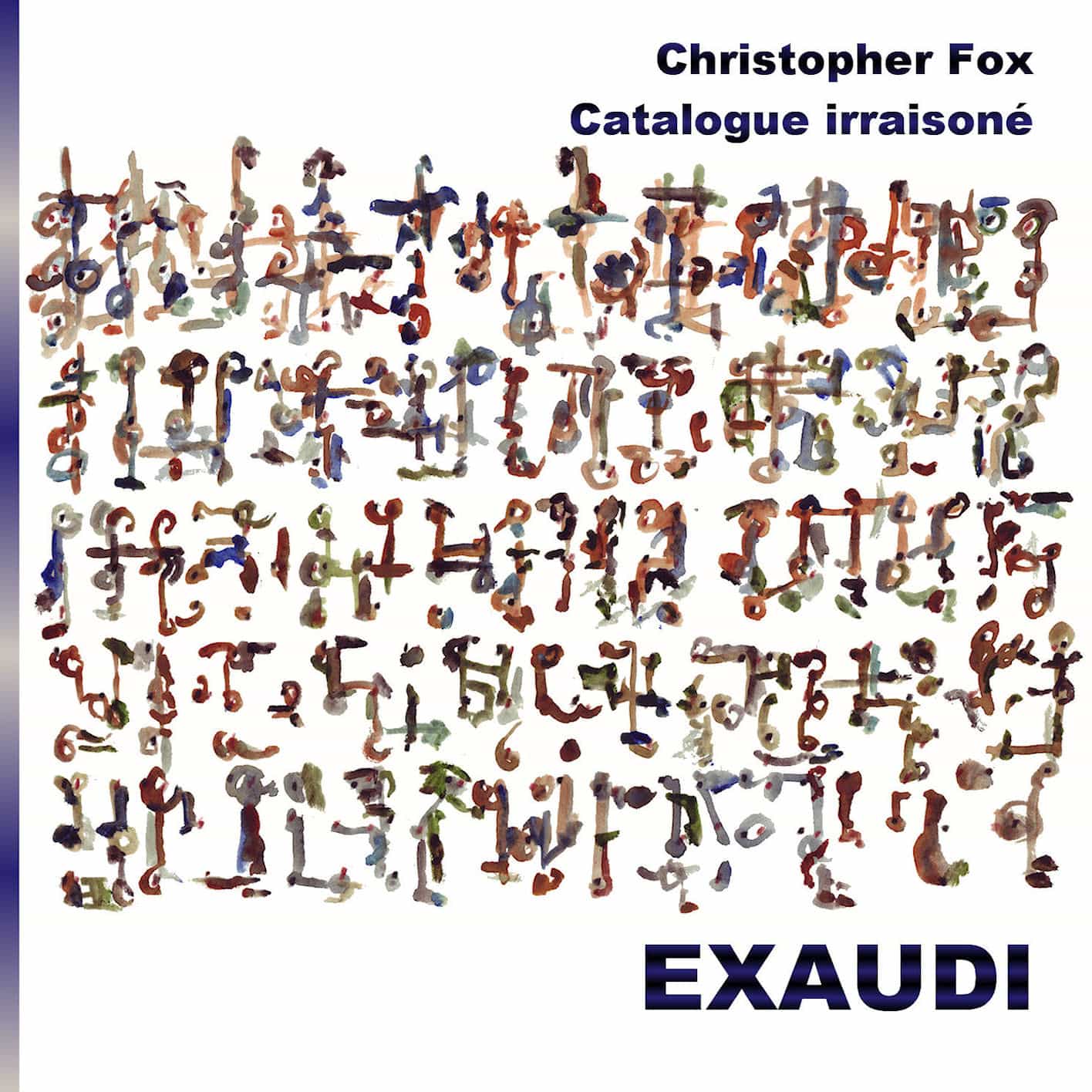Description
The vocal works of Luigi Nono and Wolfgang Rihm shows a passionate engagement with their fellow human-beings, giving rise to a music of searing and shocking directness. The human soul stripped to a mouth, a mouth opened in transcendental suffering – of the relatives of the disappeared in Argentina, of Jesus on the Cross – or closed in defiant compassion for the victims of AIDS. A mouth that can also sing of the violent cataclysms of creative ecstasy and the quiet lyricism of a peaceful Utopia.
Luigi Nono
Donde estas, hermano?
Sarà dolce tacere
Wolfgang Rihm
Quo me rapis
Mit geschlossenem Mund
Sieben Passions-texte
Delivery & returns
Reviews
“Wolfgang Rihm has always acknowledged the importance of Luigi Nono’s music in the development of his own style. That influence comes across strikingly in this serenely beautiful sequence of unaccompanied choral pieces that conductor James Weeks and EXAUDI put together. The two earliest of Rihm’s works, Quo Me Rapis (a 1982 setting of an ode by Horace) and 1990’s Mit Geschlossenem Mund for eight humming voices, both inhabit the same fractured world as late Nono, in which individual sounds and syllables seem suspended in space, taking on a life and beauty of their own. The substantial set of Seven Passion Texts, completed in 2006, are more conventional, and sometimes almost Straussian in their harmonic richness. Yet it’s the two miniatures by Nono himself that make the strongest impression – the austere, highly wrought Sarà Dolce Tacere to a text by Cesare Pavese, and the fragile exquisiteness of ¿Donde estas, hermano? for four female voices, which is a splinter from the creative block that produced Nono’s final masterpiece, Prometeo. It’s music in which every note matters, and Exaudi ensures that it does.” **** The Guardian

